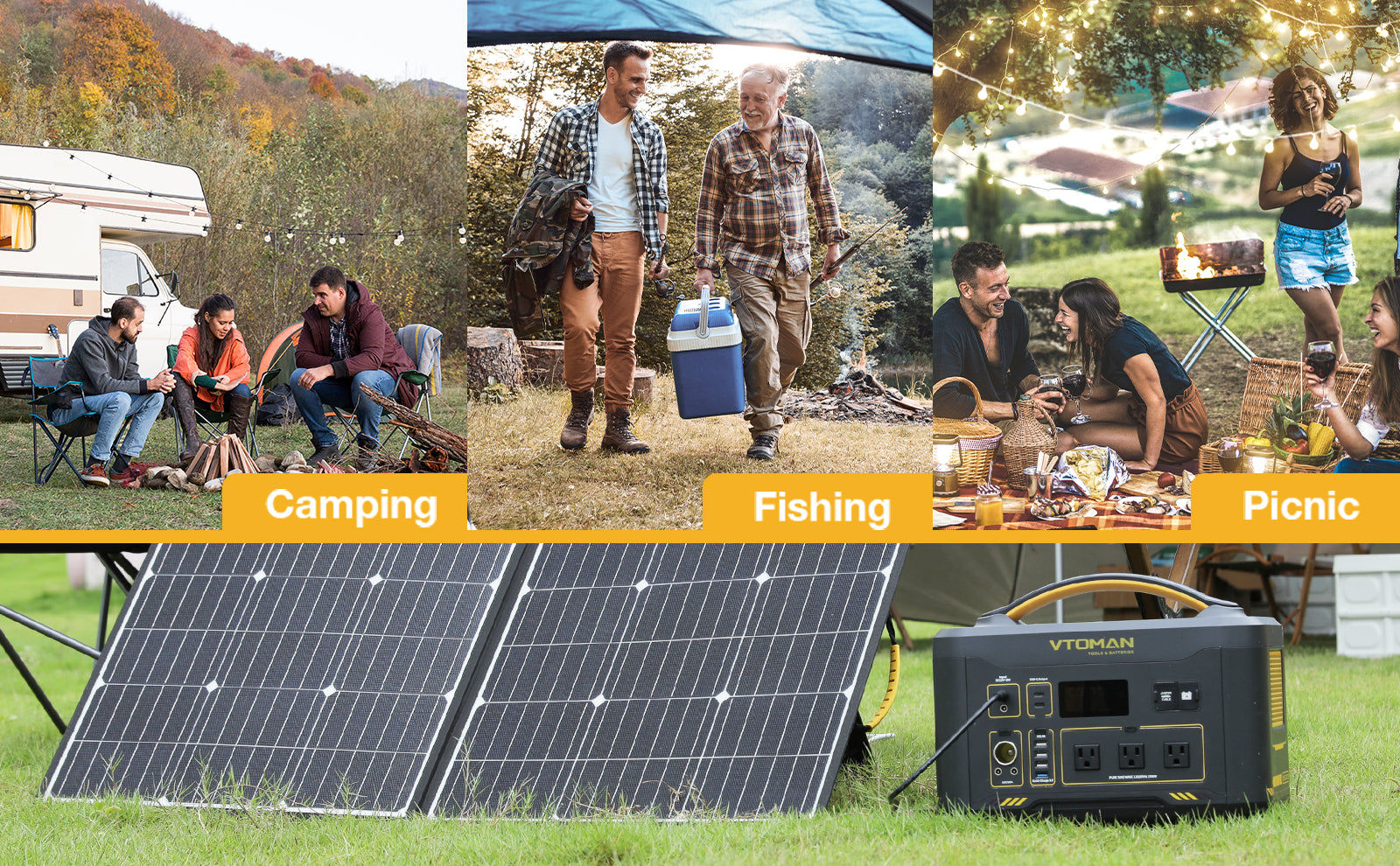Sustainable Energy Solutions: Harnessing Off-Grid Generators for Industry None
الجسم
Introduction
No break, no break, what is it off grid generator.As the world continues to grapple with the challenges of climate change and the need for sustainable energy solutions, the concept of harnessing off-grid generators for industry Gary Boyd has gained significant attention. Off-grid generators offer a unique and innovative approach to meeting energy needs in remote or underserved areas, where traditional grid infrastructure may be lacking or unreliable. In this blog post, we will explore the potential of off-grid generators and their role in sustainable energy solutions.

The Power of Off-Grid Generators
Off-grid generators, also known as standalone power systems, are independent energy sources that operate without being connected to a centralized power grid. These generators can be powered by various renewable energy sources such as solar, wind, or hydro, making them a sustainable alternative to traditional fossil fuel-based generators. By harnessing the power of renewable energy, off-grid generators offer a clean and reliable source of electricity, reducing carbon emissions and environmental impact.
One of the key advantages of off-grid generators is their ability to provide electricity in remote or off-grid areas. In many developing countries, access to electricity is limited or non-existent in rural communities. Off-grid generators can bridge this energy gap and provide electricity for essential services such as healthcare facilities, schools, and small businesses. By enabling access to electricity, off-grid generators contribute to poverty alleviation and economic development.
Applications of Off-Grid Generators
The applications of off-grid generators are diverse and wide-ranging. They can be used in various industries, including agriculture, mining, construction, and telecommunications. In the agriculture sector, off-grid generators can power irrigation systems, improving crop yields and water efficiency. In mining and construction, these generators can provide energy for machinery and equipment, reducing reliance on diesel generators and lowering operational costs.
Off-grid generators are also valuable in disaster-stricken areas, where the main power grid may be damaged or disrupted. They can provide emergency power for critical infrastructure, such as hospitals, emergency response centers, and communication networks. By ensuring a reliable source of electricity during emergencies, off-grid generators play a crucial role in disaster management and recovery.
The Future of Off-Grid Generators
The future of off-grid generators looks promising, with advancements in technology and increasing global awareness of the need for sustainable energy solutions. Innovations such as hybrid systems, which combine multiple renewable energy sources with energy storage, are making off-grid generators even more efficient and reliable. These hybrid systems can store excess energy generated during peak production periods and use it during low production periods, ensuring a continuous and uninterrupted power supply.
Furthermore, the integration of smart grid technologies and digital monitoring systems allows for better management and optimization of off-grid generators. Real-time data collection and analysis enable operators to monitor energy production, consumption, and system performance, leading to improved efficiency and cost-effectiveness.
In conclusion, off-grid generators offer a sustainable and reliable solution for meeting energy needs in remote or underserved areas. Their applications span across various industries and play a vital role in poverty alleviation, economic development, and disaster management. As technology continues to advance, off-grid generators will become even more efficient and accessible, contributing to a greener and more sustainable future.
References
1. Example Sustainable Energy Solutions
3. International Off-Grid Renewable Energy Conference











تعليقات